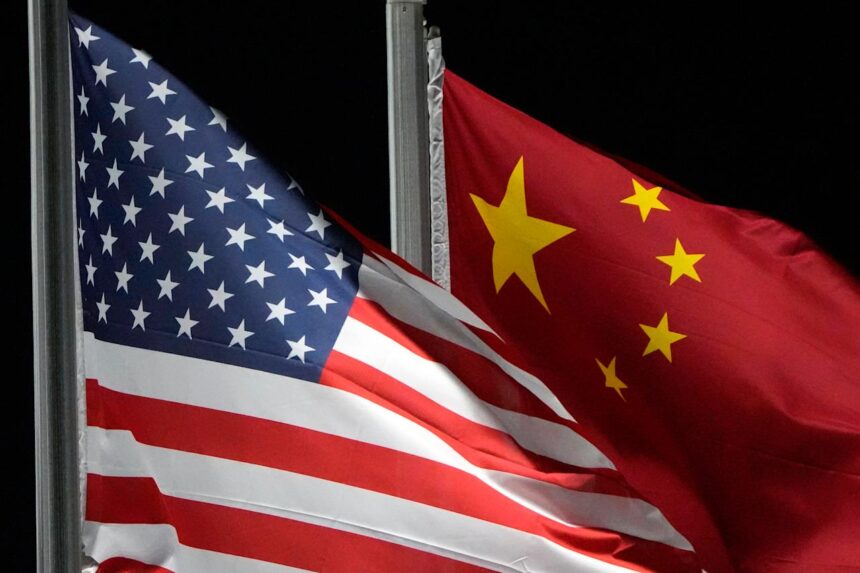US and China Reach Agreement to Reduce Tariffs, Easing Trade War Tensions
The United States and China have come to a significant agreement to reduce tariffs on each other’s goods for a 90-day period, marking a crucial de-escalation in the ongoing trade conflict that has caused turmoil in global financial markets and raised concerns of a worldwide economic slowdown.
After their first round of talks since the beginning of the dispute, the two largest economies have confirmed plans to decrease their previously high, triple-digit tariffs to more moderate levels and continue negotiations in the coming months.
US Treasury Secretary Scott Bessent, who led the discussions with Chinese Vice Premier He Lifeng and international trade envoy Li Chenggang, described the talks as “productive” and “robust”, highlighting mutual respect on both sides.
President Donald Trump had imposed a 145 percent tariff on Chinese imports last month, a significant increase compared to the 10 percent rate imposed on most other countries as part of his extensive tariff campaign. In retaliation, China imposed a 125 percent duty on US goods.
As per the new agreement, both countries will reduce their tariffs by 115 percentage points, bringing the US rate down to 30 percent and China’s to 10 percent.
Both governments have pledged to establish a framework for ongoing dialogue on economic and trade issues. China’s commerce ministry welcomed the development, labeling it as “substantial progress” that serves “the mutual interests of both countries and the global community”. Beijing also called on Washington to refrain from what it termed as “unilateral tariff practices”.
Market reactions were swift following the news. The US dollar, which had weakened after the initiation of tariffs in April, rebounded, and stock futures in the US saw a surge. Markets in Europe and Asia also rallied in response to the truce.
The prolonged US-China trade dispute has shaken investor confidence globally, with analysts cautioning that extended tariffs could rekindle inflation and drag down the global economy.
Ngozi Okonjo-Iweala, Director-General of the World Trade Organization, hailed the outcome as a “significant step forward”, noting that the breakthrough could have positive implications for developing economies that are most susceptible to global trade disruptions.
The Geneva negotiations, held discreetly at the Swiss ambassador’s residence to the United Nations, occurred shortly after Trump hinted on social media about an 80 percent tariff on Chinese goods. However, the White House clarified later that any reductions would be reciprocal, not unilateral.
The US president had also recently finalized a trade agreement with Britain — the first such deal since the commencement of his global tariff campaign. The agreement offered limited relief from tariffs in selected sectors but maintained a 10 percent tariff on most UK imports, which Trump suggested could serve as a benchmark rate for other nations.








